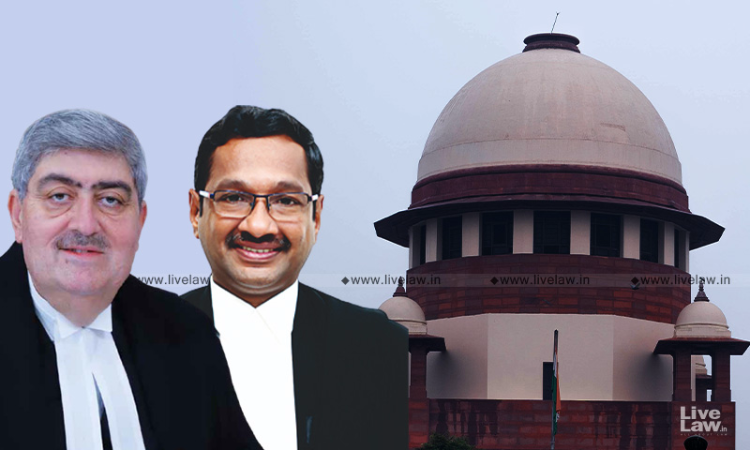Vicarious Liability As A Principle Cannot Be Applied To A Contempt Case: Supreme Court
Ashok KM
26 Oct 2021 8:10 PM IST

Next Story
26 Oct 2021 8:10 PM IST
The Supreme Court observed that vicarious liability as a principle cannot be applied to a case of contempt.Merely because a subordinate official acted in disregard of an order passed by the Court, a liability cannot be fastened on a higher official in the absence of knowledge, the bench of Justices Sanjay Kishan Kaul and Justice MM Sundresh observed.In this case, the appellants were held...
